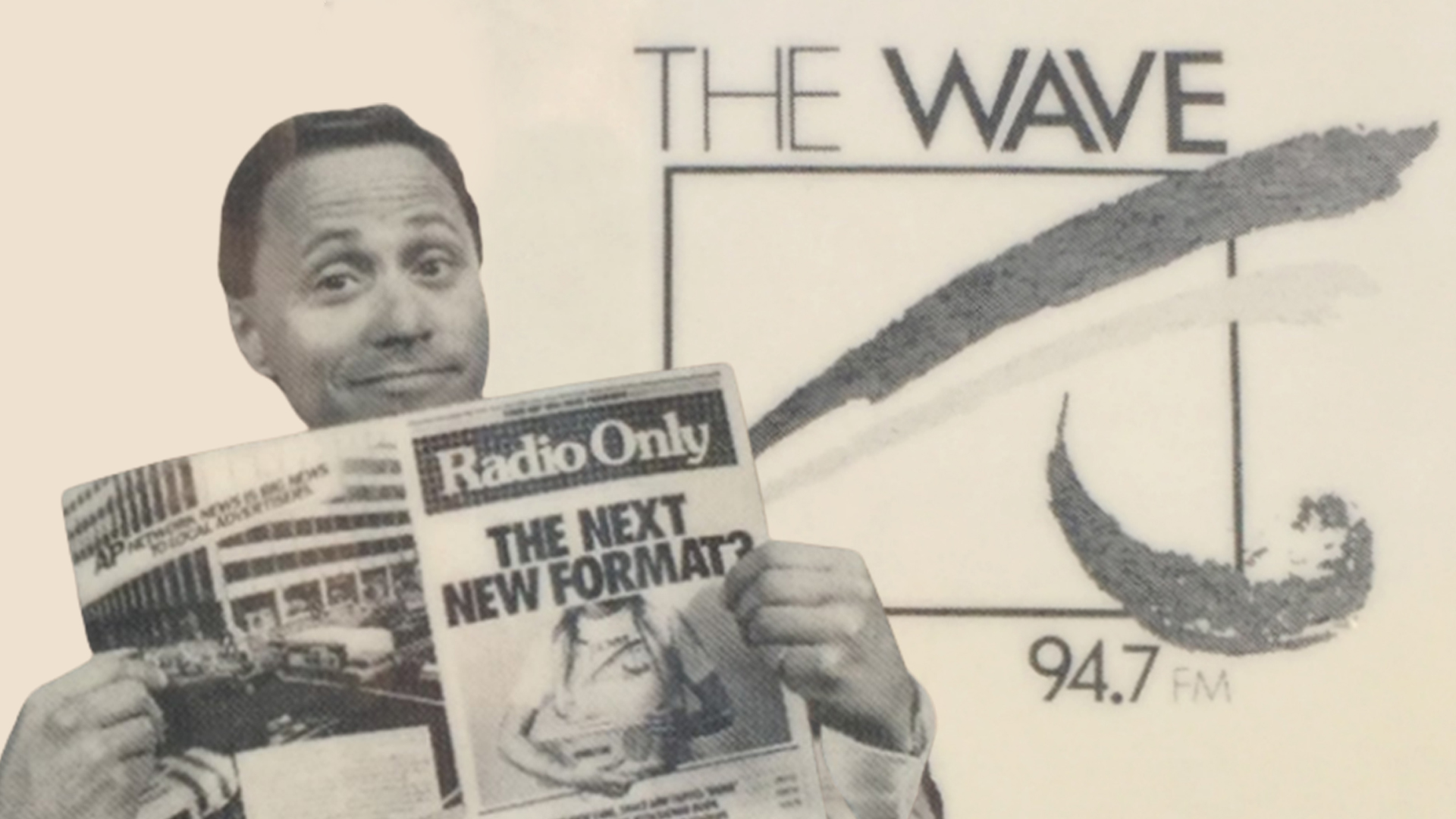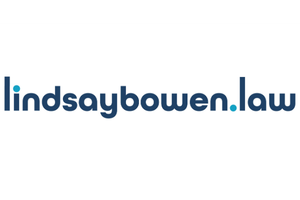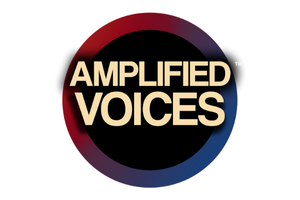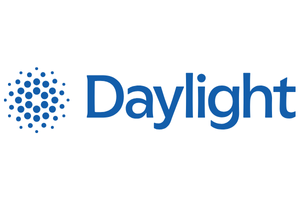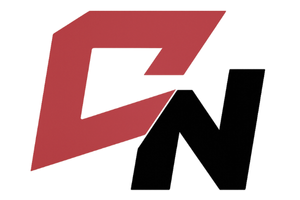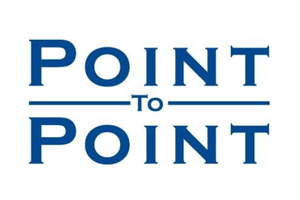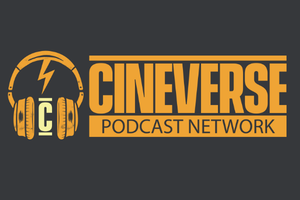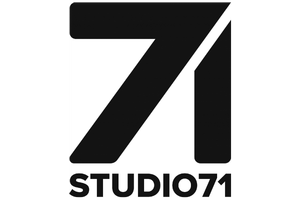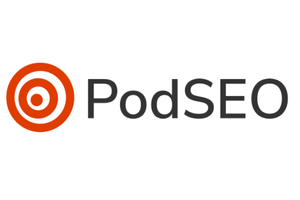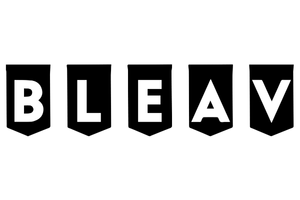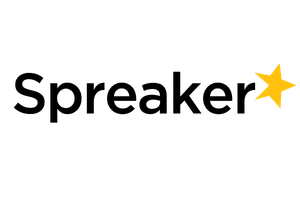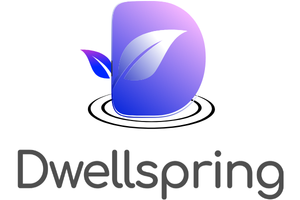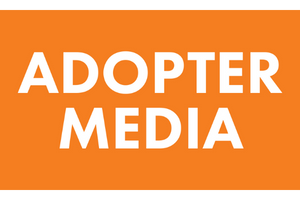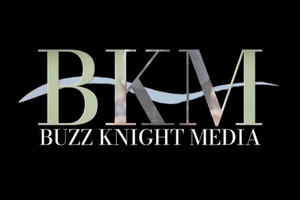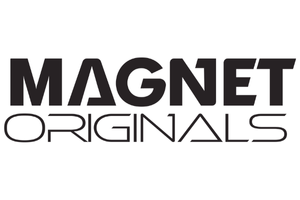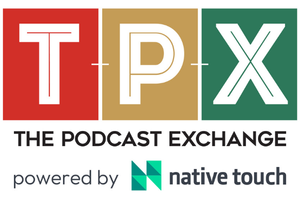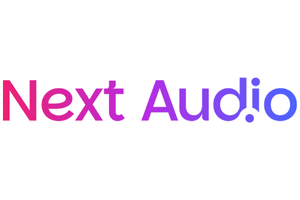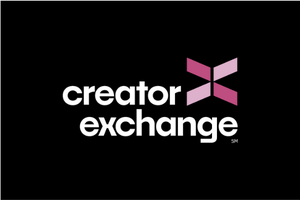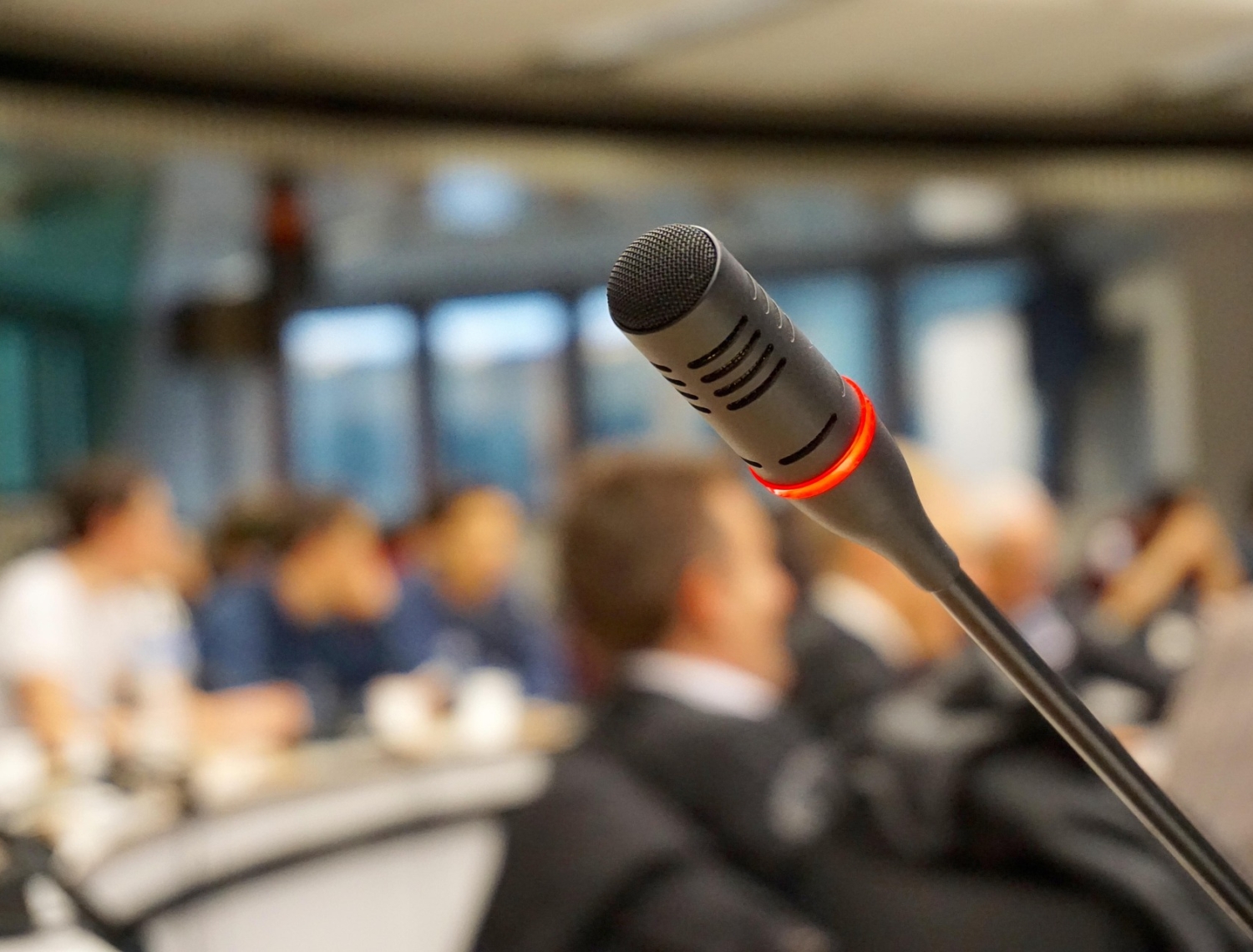Now Live: the Sounds Profitable Job Board. Got an open position in the business of podcasting? Submit it to us for placement on SoundsProfitable.com and inclusion in our relevant news coverage. Check out the Job Board now!
This isn’t the newsletter I thought I would write this week.
I just spent 10 days in Sicily on a family vacation. If you’ve been following the news at all, Italy was CALDO last week, with temperatures soaring over 100 every day. Still, we were game – well dressed and well hydrated – and the last part of our trip in Taormina was truly spectacular. Until the last day.
Friday morning I woke up, checked my phone, and saw from a former co-worker that Frank Cody had passed away. I was in tears almost immediately. He had been ill for a while, but it was still a gut punch, because I had hoped to see him one more time. I never will.
In the early 90s, fresh out of grad school, I moved to Princeton, NJ to be with my girlfriend, who was getting her Ph.D. there. After a year or so working as a tech writer, I decided I needed a change of pace, and applied for a local company called Broadcast Architecture. I had done some radio both in high school and as an undergrad, and the ad I responded to was seeking someone interested in radio and research, so I figured I had a shot. Luckily, I was close enough, and the two partners at BA (Frank and Brian Stone) hired me as a project manager.
Now here’s a news flash – after a brief career in literature and teaching rhetoric and composition at Penn State, I turned out to not be a very good project manager. Maybe I am a little better now, maybe not. I think a lot of people would have watched my struggles and determined that I just wasn’t a good fit. But that wasn’t how Frank thought about things, and this was one of many, many things I learned about leadership from Frank and Brian over the seven years I worked at BA.
Frank had a very simple management philosophy. Instead of berating you for your weaknesses, he summed up his approach like this – figure out what people are good at, and have them do those things. Frank was under no illusion that I was going to have a career as a project manager. Instead, he threw me into the research side of things pretty quickly, and it wasn’t long before I was doing focus groups, music testing, and survey research for radio stations all over the world. Two years into my career I was already presenting projects to clients, and by the end of my third year, I was often traveling on projects alone, which helped the company expand its capacity.
I can’t imagine the run I had at BA working anywhere else, for two reasons: Frank ignored my age when it came to gauging my skills, and both Frank and Brian were incredible at not just sharing credit for successful projects, but redirecting all of it to the people working for them. Frank knew something that some people never know, and I might never have known it either, if it weren’t for him: the more you build other people up, the stronger you and your company become. Some people need the credit, and the accolades, for their entire career. By the time I met Frank, he had already achieved more than almost anyone in the history of the radio business. He gave and he gave. He never took. He built careers for so many people, including me – I was a VP before I was 30 in the largest pure-play radio company in the US at that time, and that’s hard for me to imagine happening anywhere else. I would not be doing what I am doing today if it weren’t for Frank.
I learned a lot about the science of audience development and research from Frank and Brian, but more importantly, I learned about the art of interpreting data from Frank. There is no school, no university that teaches how to think about the craft of attracting an audience the way that Frank did. He taught me how to dig deeper than face value, and to understand that what people say in a survey, and how people act, are often in conflict. He taught me to ask better questions, and how to recognize the limits of the research we were doing. And most importantly, how to step back and use the data to create an entertainment – something an audience isn’t just tolerant of, but passionate about.
All of this was because Frank himself was a passionate man, and an artist. And he was the kindest man I’ve ever met. More than once after a really tough project, he would just spring for a first-class upgrade for the flight home because we had earned it. I went to Tokyo with him for a couple of weeks for a big project with one of the most listened-to stations in the world at the time, J-Wave, and after a few days in what seemed like another planet to me, I was starting to enter an introvert coma. Frank sensed it immediately, canceled our dinner plans, and ordered room service and a nice bottle of Margaux that we finished in his room, watching Japanese game shows on TV. He just knew. He always knew.
He was passionate about music, too. One of his many legacies to the entertainment industry is certainly as the father of the Smooth Jazz format, but Frank loved all music, and the walls of his office were adorned with photos – funny, candid photos – of him posing with Paul McCartney, Joni Mitchell, Tina Turner. So many more. And I have some amazing memories of driving around LA with him at night, in a convertible, blasting the latest Bryan Ferry record, or John Martyn. He taught me all of that, too. He shared my passion for magic, and one of the greatest memories I have with Frank was taking him to the Magic Castle in Hollywood, and having the legendary sleight-of-hand master John Carney do a card trick in the hall just for the two of us. We were giddy schoolboys, wide-eyed in amazement and joy.
Of course, if you knew Frank, you also knew that he was wildly funny – never in a way that monopolized a conversation, and never at the expense of anyone else. I was once having dinner with Frank and the programming team at KTWV The Wave, a legendary station in LA that he helped to start, and someone mentioned hiring for a position there that would start at minimum wage. I looked at Frank and asked, “Wait…there’s a minimum wage?” He didn’t miss a beat: “Oh, Tom, there are actually two wages – Minimum Wage, and Wage. You make Wage! Don’t worry about it!” I still laugh about this, and the funny jingles he would make up (an affliction I share), and his cartoon voices. So many things.
Every good thing I’ve learned about how to work with, and more importantly, treat people in business, I learned from Frank and Brian. Indeed, how they treated each other as business partners is the very model of how I want my partnership with Bryan Barletta to unfold at Sounds Profitable. Today, the news is littered with awful bosses, doing awful things, sputtering tone-deaf justifications for their actions. You see horror stories on Twitter (excuse me, “X”) all the time. Heck, some of them are about Twitter. But Frank taught me to always take care of the people that take care of you, from waitstaff to direct reports. He was unfailingly kind, even in the worst situations. I wasn’t a perfect employee, and I still had a lot to learn when I finally left BA, but one thing that was indelibly stamped into my brain, thanks to Frank, was that kindness was not a weakness. Kindness is true strength.
The past six months or so have seen a lot of upheaval in almost every business, and podcasting has not been immune. Some of the stories are positive, some horrible, but regardless, a lot of talented people have found themselves without a job and the ways in which these displacements have been handled have not always been good. And as I mourn the loss of Frank Cody, what I want to leave you with is not to treat every day as precious, or to reach out to people you love because one day they may be gone. I’ll leave that to the motivational speakers.
What I think Frank stood for was this: we are all fighting a great battle. Be kind. Even when things aren’t going well, or you have to lay people off, or you need to find another job, only be kind. Ultimately, podcasting is a very, very small business. You will be seeing each other for years to come, sometimes on the way up, and sometimes on the way down. Only be kind.
When I decided to leave BA to join a startup in London in 1999, Frank and Brian threw me a party. They gave me some beautiful, expensive luggage, knowing that I would be traveling back and forth to Heathrow all the time. Imagine that. One of the very last things Frank said to me in our Facebook Messenger chats over the years was this:
“I truly believe we are here to help.”
Frank Cody believed this to his core. I loved that man, and I will miss him every day.
New Partners
Sounds Profitable exists thanks to the continued support of our amazing partners. Monthly consulting, free tickets to our quarterly events, partner-only webinars, and access to our 500+ person slack channel are all benefits of partnering Sounds Profitable.
- Vessi: Redefining what waterproof looks and feels like.
Want to learn more about partnership? Hit reply or send us an email!

